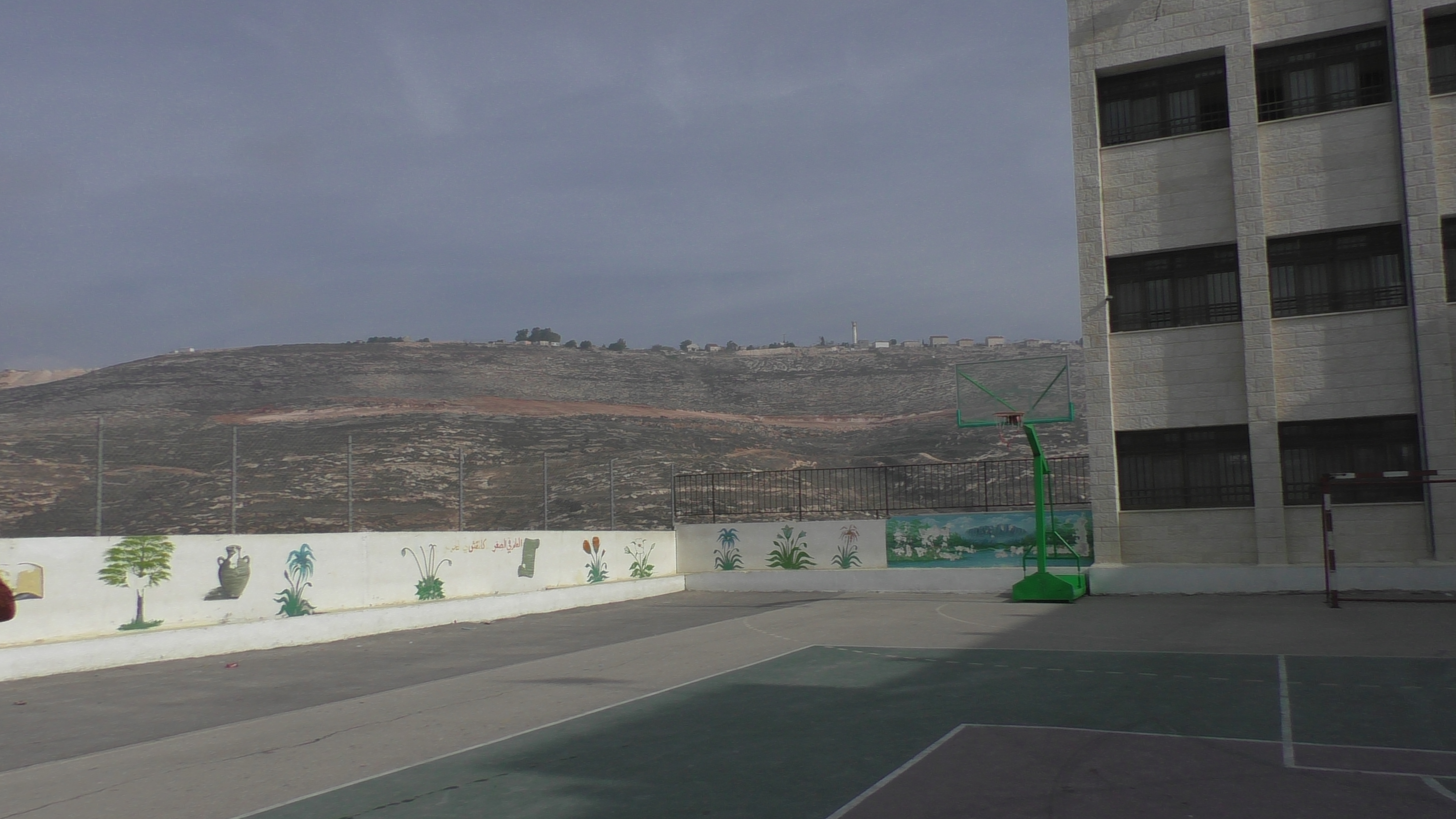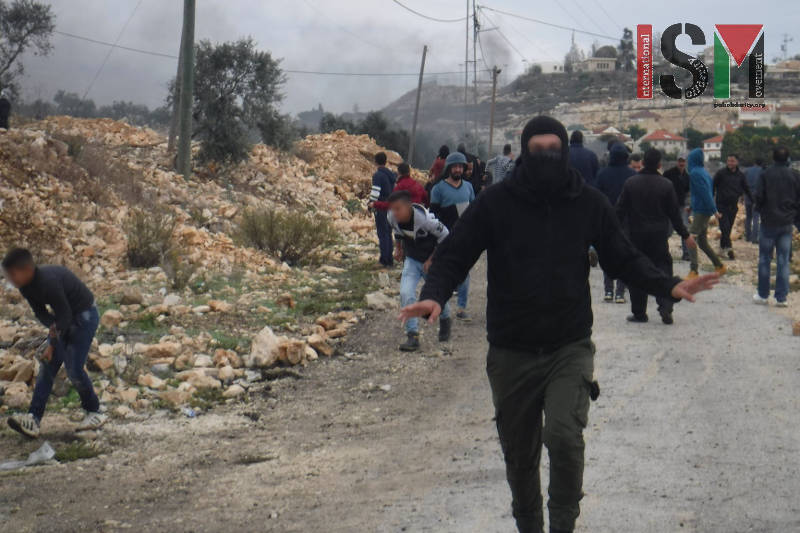Category: Nablus
-
Urif: the struggle to study
Urif, the 21th of November Urif is a small Palestinian village perched on the top of a hill, not far from Nablus. The view is beautiful and clear, overlooked by another scenic hill. A longtime resident tells us that before the 1980s, the locals used to go for walks and picnics in the area, but…
-
Two Palestinians and an International shot at non-violent Protest in Kafr Qaddum
November 23, 2018 | International Solidarity Movement | Kafr Qaddum, Occupied Palestine Fourteen years ago the Israeli Government closed the road between Kafr Qaddum and Nablus, extending the distance to 14 km, effectively making what would be a 15 minute journey for the villagers, into 40 minutes. The protests began in 2011 to reopen the…
-
‘Our kites fly over the invisible borders and reach what we cannot’: ISM speaks to Yasmeen Najjar at the annual kite festival in Burin
29th June 2018 | International Solidarity Movement, Al-Khalil team | Burin, occupied Nablus Burin is a small village located seven kilometres to the southwest of Nablus in the occupied West Bank, and is home to around 3000 people. The village is surrounded by multiple illegal Israeli settlements, and is subjected to constant violent settler attacks…



